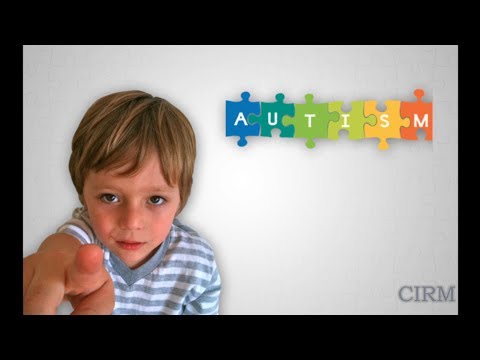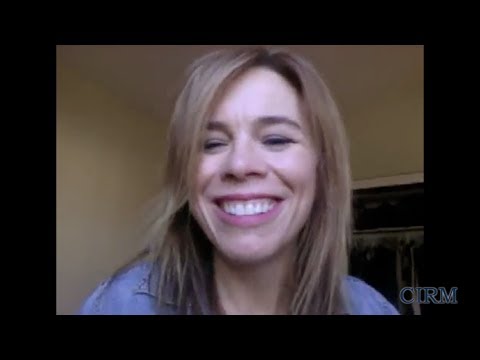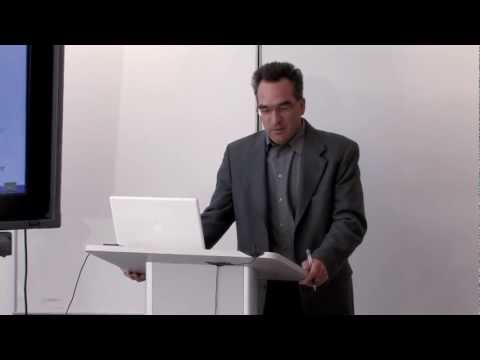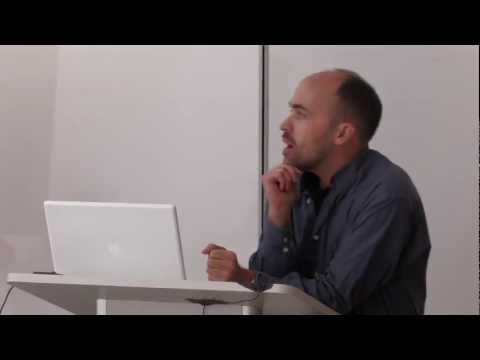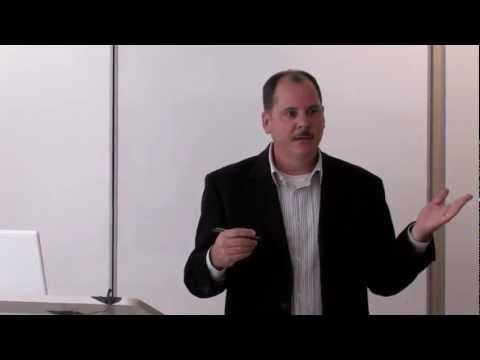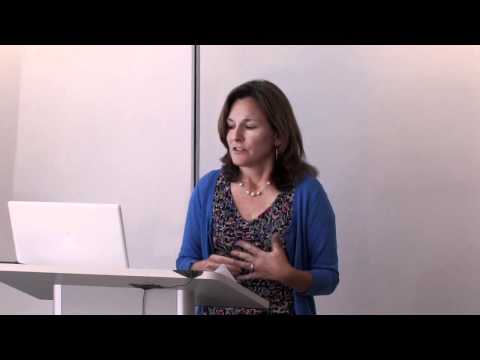Autism Fact Sheet
CIRM funds many projects seeking to better understand autism and to translate those discoveries into new therapies.
Description
Autism is not one specific condition but a range of developmental disorders called Autism Spectrum Disorders (ASD) that can lead to difficulties with verbal and non-verbal communication, impaired social skills and other behavioral problems.
According to the Centers for Disease Control and Prevention 1 in 68 children has ASD, with boys four times more likely than girls to be affected. The precise cause of ASD is not known, however, there seems to be a strong genetic component to it.
While behavioral therapy has been shown to help those with ASD there is no cure. Some medications have shown effectiveness in easing symptoms but none treat the underlying cause of the problem.
CIRM funds several research projects investigating how the brain normally matures during development by studying stem cells as they differentiate or change into different types of nerves. This work could lead to a better understanding of how diseases such as autism form, and to future therapies.
Several CIRM-funded research projects are also using stem cells derived from people with ASD to learn more about how the symptoms of ASD arise and also to screen for drugs. These types of projects start with cells taken from people with ASD. Even if those cells come from the skin they have the same genes as cells in the brain that show symptoms in the disease. These cells can then be reprogrammed into an embryonic-like state called an induced pluripotent stem cell (iPSC), and matured into brain cells. Those resulting brain cells are genetically identical to brain cells in the person who donated the tissue.
CIRM-funded scientists have shown that these autism-like cells behave very differently in a lab dish than normal cells. Studying those cells can help scientists learn what goes wrong in the disease and guide them toward new therapies. What’s more, the scientists can expose those cells to drugs and see which ones alleviate symptoms in the lab dish.
CIRM Grants Targeting Autism
CIRM Autism Videos
News and Information
- Autism blogs on the CIRM Stem Cellar
- One scientists quest to understand Autism using stem cells (Interview with UCSD’s Alysson Muotri)
- Summary and Recommendations of CIRM Autism Workshop [pdf]
Resources
- NIH: Autism Information Page
- CDC: Autism Facts
- Find a clinical trial near you: NIH Clinical Trials database
- National Autism Association
- Autism Society of America
- US Autism and Asperger Association
- Autism Speaks
- Family Caregiver Alliance
- National Family Caregivers Association
Find Out More:
Stem Cell FAQ | Stem Cell Videos | What We Fund

